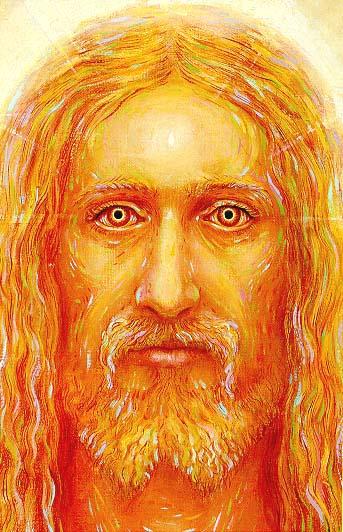Observance of the Memorial, Nisan 14, is this evening in my time zone.
https://wol.jw.org/en/wol/d/r1/lp-e/2013926?q=%22Do+This+in+Remembrance+of+Me%22&p=par
https://www.newadvent.org/cathen/02616a.htm
The Bohemian Brethren are a link in a chain of sects beginning with Wyclif (1324-84) and coming down to the present day. The ideas of the Englishman found favour with Hus, and Bohemia proved a better soil for their growth than England. Both Wyclif and Hus were moved by a sincere desire to reform the Church of their times; both failed and, without intending it, became the fathers of new heretical bodies — the Lollards and the Hussites. The former were persecuted out of existence in England by Catholic rulers;the latter prospered in Bohemia, thanks to royal and national support.The burning of John Hus at the stake for his stubborn adherence to the condemned doctrines of Wyclif (at Constance, 6 July, 1415) was considered an insult to the faith of the Bohemian nation, which, since its first conversion to Christianity, had never swerved from the truth.The University of Prague came boldly forward to vindicate the man and his doctrines; the party which hitherto had worked at reforming the Church from within now rejected the Church's authority and became the Hussite sect. Divisions at once arose amongst its members. Some completely set aside the authority of the Church and admitted no other rule than the Bible;others only demanded Communion under both kinds for the laity and free preaching of the Gospel, with some minor reforms. The former, who met for worship at "Mount Tabor", were called Taborites; the latter received the name of Calixtines, i.e., the party of the Chalice. As long as they had a common enemy to fight they fought together under the leadership of that extraordinary man, John Trocznowski, known as Zizka (the one-eyed), and for fully fifteen years proved more than a match for the imperial armies and papal crusaders sent to crush them. Peace was at length obtained, not by force of arms, but by skilful negotiations which resulted in the "Compactata of Basle" (30 November, 1433). The compact was chiefly due to the concessions made by the Calixtine party; it found little or no favour with the Taborites. The discontent led to a feud which terminated at the Battle of Lippau (30 May, 1434) with the death of Procopius, the Taborite leader, and the almost total extinction of this party. The small remnant, too insignificant to play a role in politics, withdrew into private life, devoting all their energies to religion. In 1457 one section formed itself into a separate body under the name of the "Brethren's Union" (Unitas Fratrum), which is now generally spoken of as the Bohemian Brethren. Their contemporaries coined for them several opprobrious designations, such as Jamnici (cave-dwellers) and Pivnicnici (beerhouse men), Bunzlau Brethren, Picards (corrupted toPickarts), etc.
 This post was edited by WM BARR . =ABSOLUTE TRASH at April 1, 2018 11:29 AM MDT
This post was edited by WM BARR . =ABSOLUTE TRASH at April 1, 2018 11:29 AM MDT